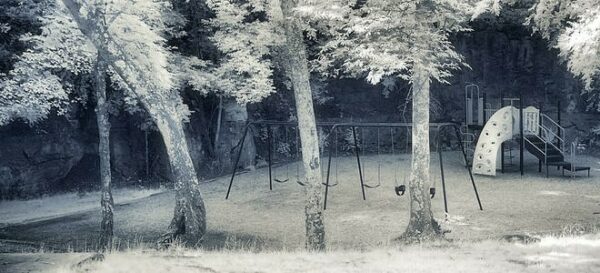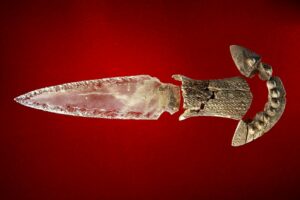New Zealand researchers have found out that Polynesians might have been the first to discover the Earth’s remote continent at the South Pole, Antarctica as early as in the seventh century. Polynesians are a subset of Austronesian people including Rotumans, Samoans, Tongans, Niueans, Cook Islands Māori, Tahitian Mā’ohi, Hawaiian Māoli, Marquesans and New Zealandic Māori. New Zealand researchers sourced so-called “grey literature” including oral records, historic indigenous artworks and non-academic sources for determining the link between Māori people and Antarctica.
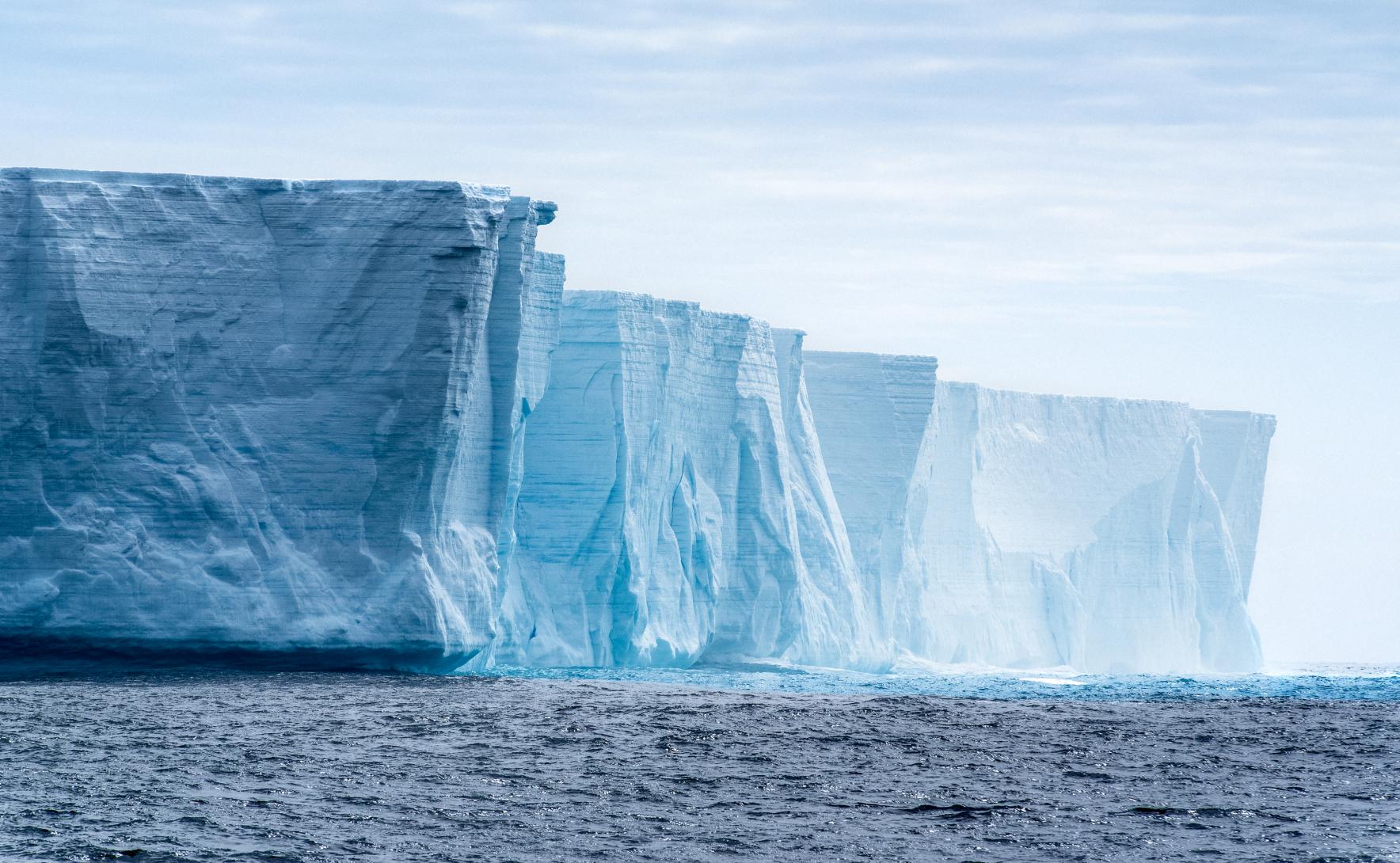
Priscilla Wehi, the lead researcher of the study from New Zealand’s government research institute Manaaki Whenua, told the New Zealand Herald, “We didn’t discover this, it’s a known narrative…Our job was to bring together all the information [including oral tradition and grey literature] and communicating it to the world.” Study led by Manaaki Whenua Landcare Research and Te Rūnanga o Ngāi Tahu, study basically focussed on Maori connections with the frozen remote continent. The first recorded sighting of Antarctica occurred on a Russian expedition in 1820, and the first person to successfully touch the frozen continent is registered as an American explorer in 1821.
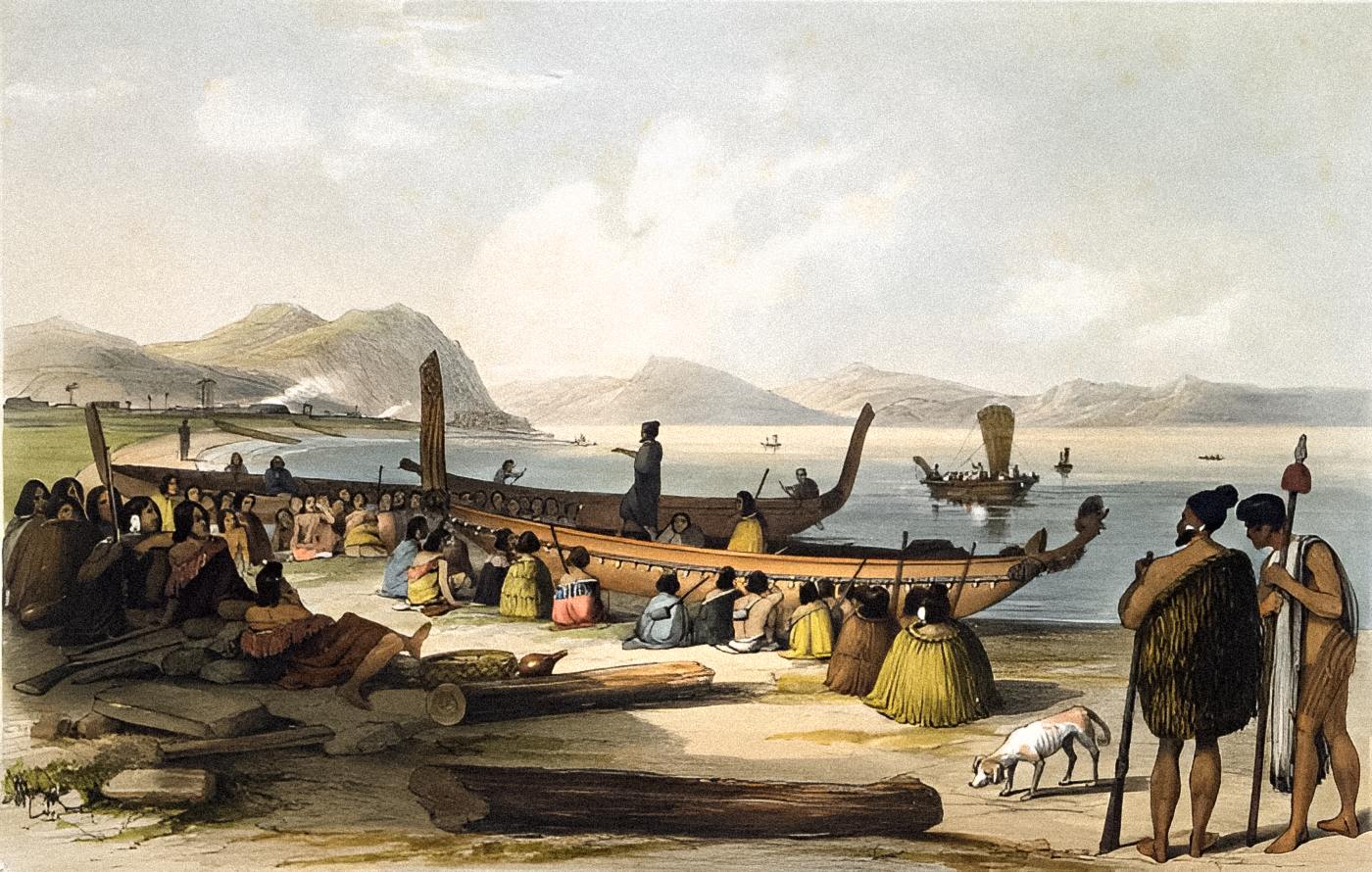
However, now the new paper has established that a southern voyage conducted by Polynesian chief Hui Te Rangiora and his crew took place thousands of years prior to the Russian expedition. As per the study, it was even long before Māori migrated to New Zealand. Even though most of Polynesians’ history is based on oral tradition and big discoveries such as reaching Antarctica have been reportedly disregarded, Māori scientists are proving it to be a reliable source of evidence.
“Māori participating in the Antarctic voyage is rarely acknowledged. We found connection between Māori and Antarctica and its waters have been occurring since the earliest traditional voyaging, and later through participation in European-led voyaging and exploration, contemporary scientific research, fishing, and more for centuries,” —Priscilla Wehi
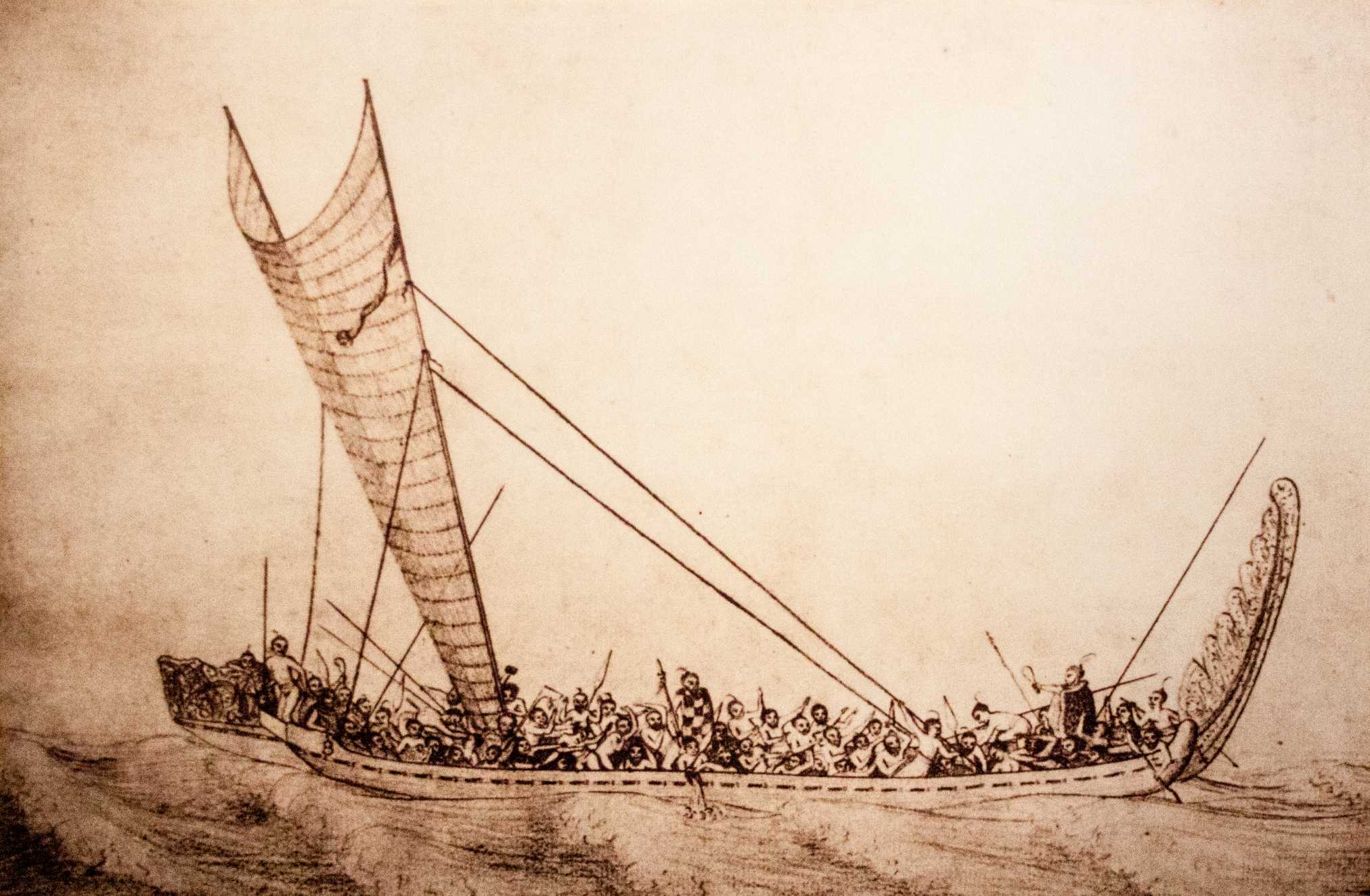
The researchers said in a statement, “Māori participation in Antarctic voyaging and expedition has continued to the present day. Researchers say it is important more research is undertaken to fill the knowledge gaps, and ensure inclusion of Māori in future relationships with Antarctica.” Further, Wehi also noted, “Growing more Māori Antarctic scientists and incorporating Māori perspectives will add depth to New Zealand’s research programmes and ultimately the protection and management of Antarctica.”

